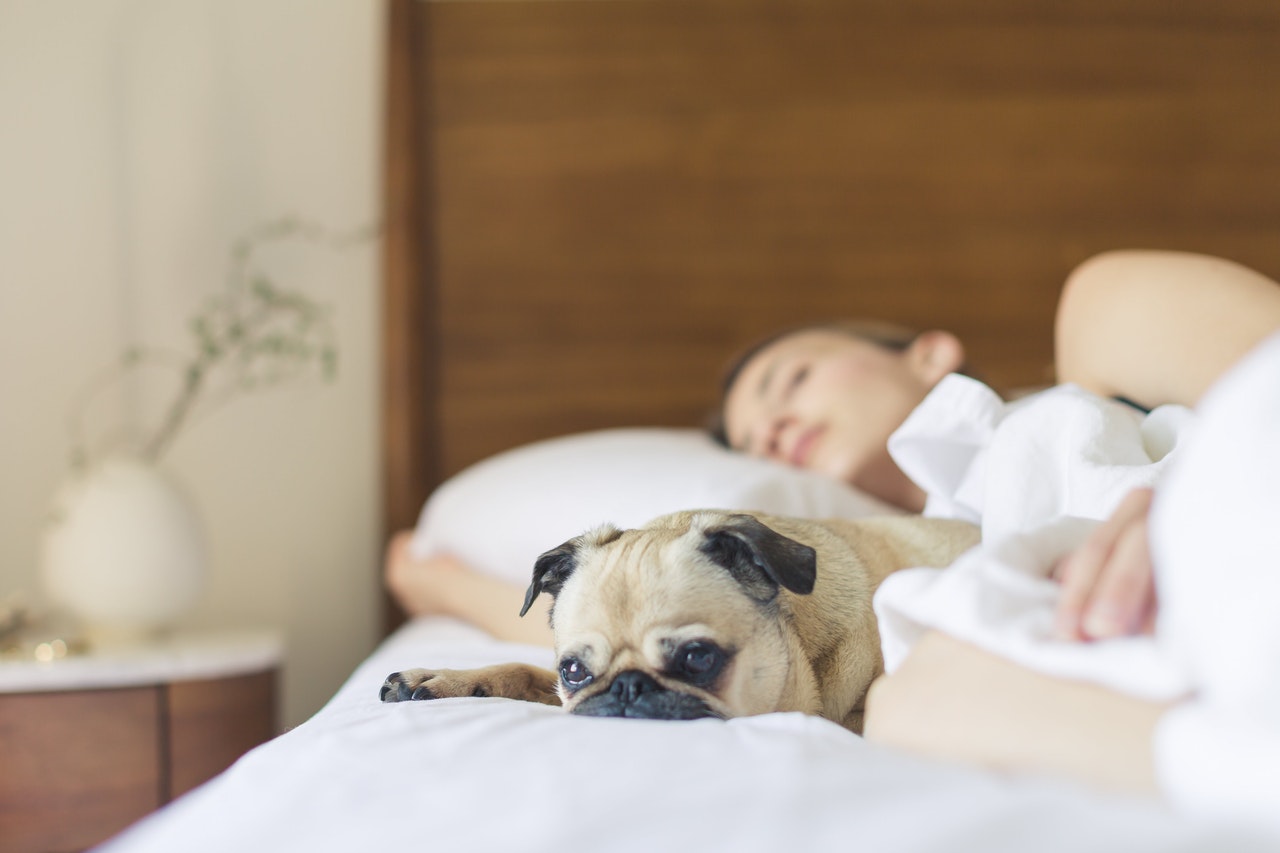An ENT Specialist in Singapore’s Guide To Sleep Disorders
Sleep disorders will affect how much a person sleeps and the quality of sleep. Different reasons like poor habits and medical problems cause these disorders. A person who does not get quality sleep should consult the best ENT Specialist in Singapore because it adversely affects safety and health. Research has linked sleep deprivation to job related problems like poor performance, injuries, mood swings, car accidents and memory problems. These disorders can also cause health problems like diabetes, obesity and heart disease.
Some of the factors which can cause sleep problems are physical problems especially pain from headache, arthritis and fibromyalgia, neurological problems like Parkinson’s, ailments like asthma, anxiety, depression and other psychological problems. Environmental issues like too much light, noises like snoring can also disturb sleep. Some of the symptoms of having a sleep disorder are feeling sleepy during the day, finding it difficult to sleep or waking up often and snoring. Others might have sleep apnea due to which they stop breathing for a short time, or suffer from restless and uncomfortable legs.
Sleep cycle
Rapid eye movement (REM) is the part of sleep when a person dreams. It takes up approximately one fourth of the sleep time, usually in the early morning. The rest of the time is spent in non-REM (NREM) sleep which is further divided into 4 categories varying from light to deep.
Sleep disorders disturb the normal sleep cycle, and the person does not rest properly at night. While most people have disturbed sleep occasionally, if they face this problem frequently, they are suffering from insomnia. A third of the adults in the US are suffering from insomnia at least once in their life. They are unable to get sleep and wake up repeatedly.
Sleep problems
During sleep apnea, breathing stops for some time (usually several seconds) and will disturb the deep sleep. It will make the person very sleepy. Though most people are not aware, others in the room can detect the gasps, snorts and snores.
When a person gets the urge to move his legs, it is difficult to get good sleep and this is called restless legs.
When a person feels sleepy, despite resting at night, he may be suffering from narcolepsy. He may also have dreams because he enters the REM sleep mode.
Sleepwalking involves wandering around at night, with the person not aware of it. While children of age between four and eight may experience the problem frequently, others may also suffer.
Treatment
Doctors will ask a patient suffering from insomnia to maintain a sleep diary with details of the sleep timings, food, emotions, medicines. A continuous positive airway pressure (CPAP) machine is used for treating sleep apnea, keeping airways open.
Medication and lifestyle changes can be used to treat restless legs, insomnia and narcolepsy. Therapy, relaxation training and biofeedback can help in treating insomnia calming the mind, breathing.
Exercise can help a person fall asleep easily and remain asleep. However the person should exercise for at least 6-7 hours before going to sleep. If he exercises too close to bedtime, he may find it difficult to sleep since the metabolic rate is increased.

